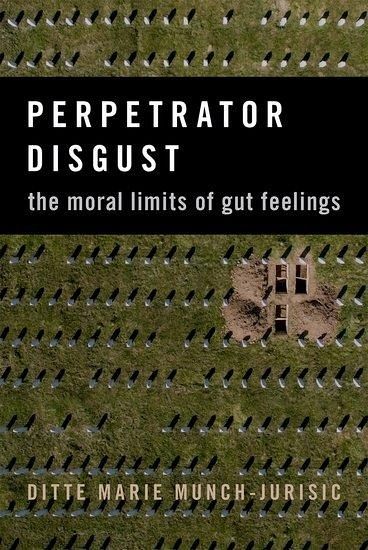
Perpetrator Disgust
The Moral Limits of Gut Feelings
Versandkostenfrei!
Versandfertig in über 4 Wochen
98,99 €
inkl. MwSt.
Weitere Ausgaben:

PAYBACK Punkte
49 °P sammeln!
In this volume, Munch-Jurisic offers the first in-depth philosophical analysis of perpetrator disgust: the phenomenon of individuals experiencing severe physiological or emotional distress following acts of atrocity. By examining the relationship between emotions, human nature, and cognition through the lens of perpetrator disgust, she argues that our gut feelings are not moral instincts but should be understood as templates that can embody a broad range of values and morals.













